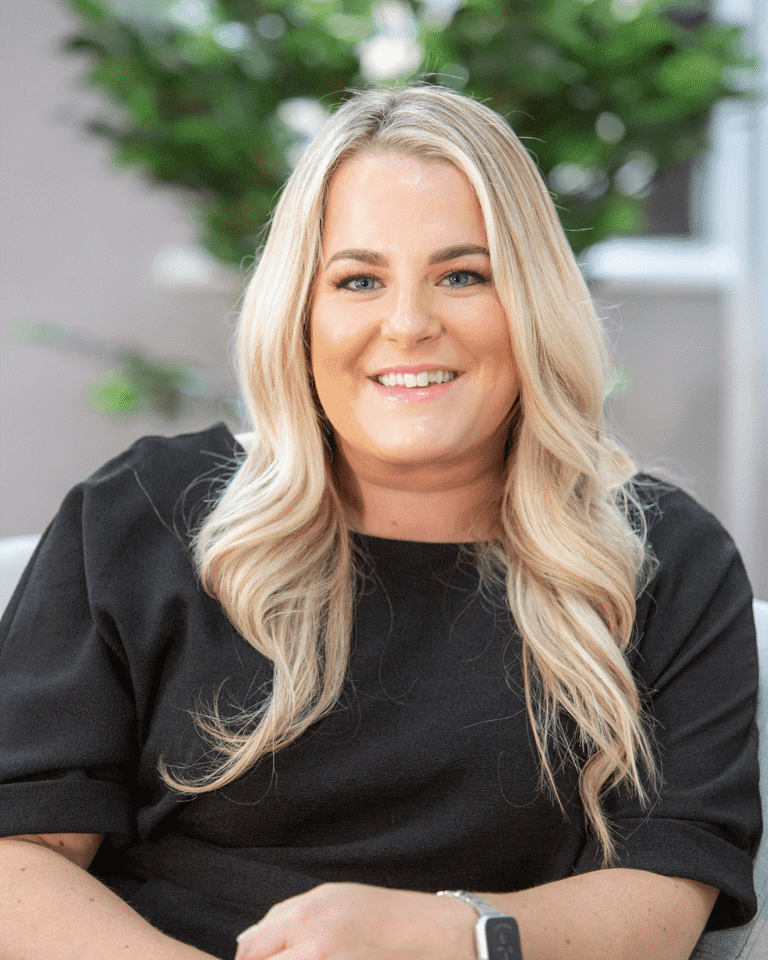When should I consider a divorce?
When a marriage has irreparably broken down and you wish to seek a divorce, you should get the advice of a specialist divorce solicitor as early as possible. Our experienced solicitors for divorce understand the emotional and legal complexities involved and can provide the guidance you need to navigate this challenging process with clarity and confidence.
Our divorce solicitors in Chester, Shrewsbury, Greater Manchester and the Wirral can help you with all issues relating to divorce and any financial and child-related matters that may result from the ending of the relationship. Whether you require assistance with divorce financial settlement negotiations or child custody arrangements, our dedicated team is here to support you every step of the way.
For more information about our range of legal services regarding divorce, including divorce financial settlement solicitors, you can get in touch with our legal team today.
Contact Our Divorce Solicitors
Do I need a solicitor to get a divorce?
To ensure the divorce process is conducted efficiently, it's imperative to seek guidance from a solicitor for divorce before initiating proceedings. What many people overlook is that divorce is just one facet of terminating a marriage. If you're navigating divorce, our solicitors are here to offer supportive and practical advice not only on the divorce itself but also on matters such as division of matrimonial finances and arrangements for children. Trust us to provide comprehensive assistance as you navigate this challenging period in your life.
When can I get a divorce?
In England and Wales, you have to be married for at least 12 months before you can commence divorce proceedings.
Can I refuse a divorce?
Under the no fault divorce procedure, you can no longer contest a divorce, which means that one spouse can bring the marriage to an end without the consent of the other. However, there is one exception and that is in instances where there is an objection as to whether the Court has the jurisdiction to grant the divorce.
How long does the divorce process take?
Currently it takes approximately 6 months to complete the divorce process. However, the act of divorce itself does not end the financial relationship between you and your partner and your financial obligations and potential claims against each other remain, even after the final order has been made.
Determining the division of the matrimonial finances and severing your financial ties with each other can be concluded during the same period as the divorce process if an agreement is reached during that time. If you do not agree, the financial issues will take longer to resolve than the divorce process and, if you have to issue an application for Financial Remedy, then that process can take anything from 12 months to 2 years.

How does the divorce process work?
It’s essential you see the guidance of a specialist divorce solicitor. Since the introduction of the no-fault divorce provision, the process can be broken down into four key stages.
Stage 1
Complete a divorce application as either a sole applicant or as a couple – as joint applicants (Form DB).
Stage 2
Submit the application to a divorce centre either online or by post with the correct court fee – which is currently £593.
Stage 3
Apply for a conditional order, previously known as Decree Nisi (once the application is acknowledged by your spouse and after a 20-week cooling-off period).
Stage 4
Apply for a final order – previously known as Decree Absolute (6 weeks after you have the conditional order).
Will my spouse get half of the assets in the divorce?
Not always. How assets are divided following a divorce can be affected by a number of contributing factors including:
- The income, earning capacity, property and other financial resources which each of the parties has or is likely to have in the foreseeable future.
- The financial needs, obligations and responsibilities which each of the parties has or is likely to have in the foreseeable future.
- The standard of living enjoyed by the family before the breakdown of the marriage.
- The ages of the parties.
- The length of the marriage.
- Whether either of the parties has any physical or mental disability.
- The contributions which each party has made or is likely to make in the foreseeable future to the welfare of the family. This not only relates to financial contributions but also includes looking after the home and caring for the family.
- The financial conduct of either party either during the marriage or after separation.
It is always important to take specialist legal advice before dividing any of the matrimonial assets or reaching a financial agreement. Consideration must not only be given to the division of assets, but also to the division of pensions and how the parties incomes should be treated in the event that one party has a claim for spousal maintenance.

I wanted to thank you for your help in my recent case. You have shown the utmost professionalism in every way. Your skill in being “one step ahead” of the other side and client care is excellent. I have and will continue to recommend your superb service to friends and clients.Client
Contact Our Divorce Solicitors
Can I get divorced if I live abroad?
If you live abroad and are seeking a divorce, you have to meet one of the following criteria when lodging your petition in England and Wales:
- Both you and your spouse are habitually resident in England and Wales;
- Both you and your spouse were last habitually resident in England and Wales, and one of you continues to live there;
- The person receiving the petition is habitually resident in England and Wales;
- The person issuing the petition is habitually resident in England and Wales and has resided there for at least the last 12 months;
- The person issuing the petition is domiciled and habitually resident in England and Wales, and has resided there for at least 6 months;
- Both you and your spouse, or either of you, are domiciled in England and Wales.
Your domicile is acquired at birth and is essentially where you consider your permanent home to be even if you are not currently living there.
Need to speak to a divorce lawyer?
For more information about our range of legal services with regards to a divorce, you can get in touch with our legal team today by completing our enquiry form below. Whether you need divorce solicitors in Chester, in Shrewsbury, or elsewhere in the region, we can provide a highly professional and expert service.
Key Contacts

Simon Magner Mawdsley
Partner | Head of Family Law
Described by clients as "an excellent listener, open and engaging", "exceptional", "reassuring" and "insightful", Simon acts for a range of clients in all aspects of relationship breakdowns including divorce, resolution of financial matters, civil partnerships, cohabitation disputes, pre- and post-marital agreements, injunctions, and children matters.



